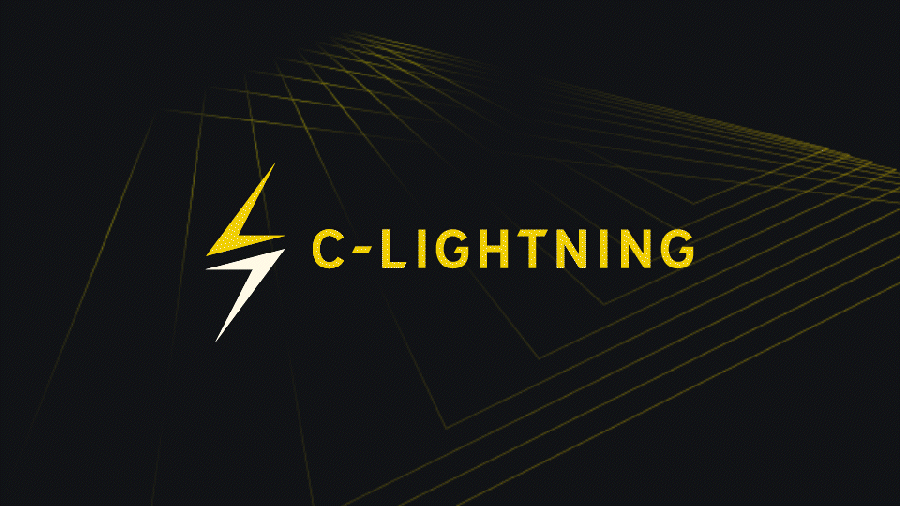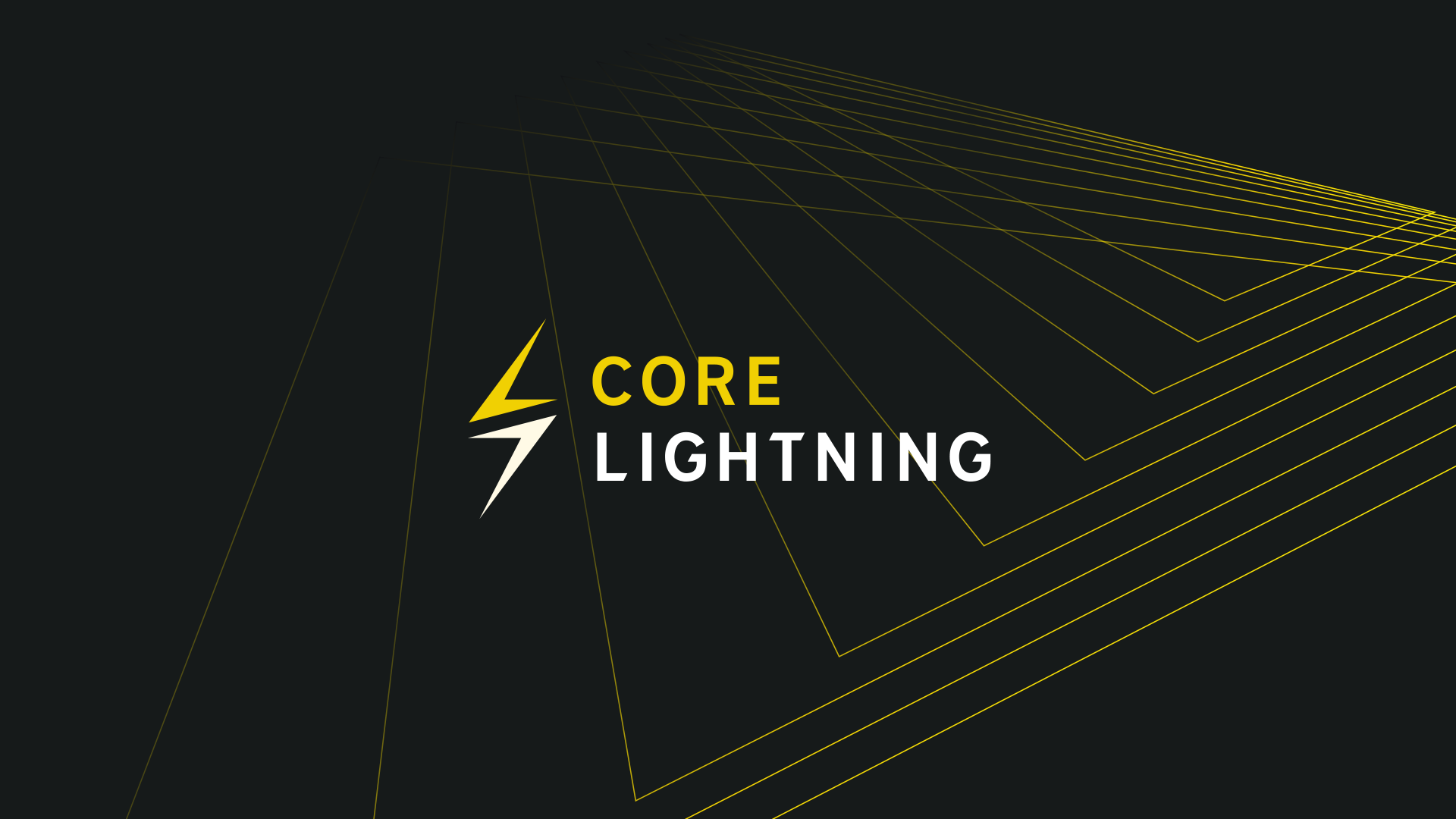c-lightning, the lightweight, modular Lightning implementation, is getting a name refresh. From today, c-lightning will be known as Core Lightning (CLN).
We hope the refreshed name better communicates CLN’s focus on interoperability, specification work, and the on-going aim to provide a reference implementation with priority on correctness and robustness.
The success of Lightning depends on the contributions of a vibrant community of developers, startups, and end-users. With the rebrand of c-lightning to Core Lightning, Blockstream reaffirms its commitment to partner with the community, innovate on the Lightning specification, and provide a world-class, open-source implementation that meets the same rigorous standards of privacy, security, and decentralization that Bitcoin does.
Our view is that open, specification based interoperability is good for Bitcoin and Lightning, whichever implementation you use.
We look forward to sharing with you in the coming weeks, the many innovative projects the team and contributors have been hard at work on. Follow the new Core Lightning Twitter @Core_LN and join the community Telegram to stay up-to-date on those future developments.

Choosing Core Lightning
There are many advantages to using CLN as your go-to implementation for Lightning. Here is a quick refresher:
- Payments first: CLN aims to focus on robust, scalable, decentralized bitcoin payments.
- Lean: low memory and CPU footprint, enabling users to run more than 90 instances of CLN concurrently on a single-board computer.
- Privacy-focused: CLN automatically improves privacy through multi-part payments, randomizing the selection of paths, and selecting for a diversity of channels to help defend against deanonymization techniques.
- Decentralized: built-in P2P infrastructure such as collaborative channel opens, commonly referred to as dual-funded channels, and liquidity ads to keep your payments censorship-resistant and unstoppable without relying on centralized servers.
- Plug-in rich: CLN allows developers to extend and customize Lightning through simple programs written in any language. One example is CLBOSS, an automated node manager that is a community favorite for its utility and convenience.
I just wanted to give a quick update on the disk space usage for the database, comparing LND and c-lightning.
— zero fee routing ⚡ (@zerofeerouting) March 30, 2022
My LND node (~800 channels) saw an increase of about 5-7GB a day.
My c-lightning node (~400 channels) is seeing an increase of about 300-500MB a day.
Developing Core Lightning
Several exciting projects in the pipeline are total game-changers for Lightning, including BOLT12, Greenlight, and PeerSwap.
BOLT12 introduces offers, a spec proposal by lead CLN developer Rusty Russell, who also designed BOLT11 and was the original chair of the spec process. Some BOLT12 features, such as recurring and static invoices, are already available as experimental options on CLN, with others like blinded payment routes coming soon.
Greenlight is an on-demand CLN node hosting service that lets users interact with their nodes via a simple user interface while retaining full control over their bitcoin. Greenlight will make Lightning onboarding easier and more frictionless than ever before. Full public access is expected in the second half of this year.
PeerSwap lets users balance their channels and add liquidity to Lightning by atomically swapping on-chain bitcoin and Liquid Bitcoin (L-BTC) directly peer-to-peer, making the entire Lightning Network cheaper, faster, and more reliable for everyone.
If you are a software engineer interested in contributing to CLN, get started by reading our documentation, reaching out on GitHub, or joining the Lightning-dev mailing list.
Running Core Lightning
Core Lightning is accessible either by spinning up a node yourself on dedicated hardware or through a third-party application where it is run on the backend.
Like running a Bitcoin node, having your own Lightning node gives you full custody of your coins and keys without having to trust intermediaries. Running a node and utilizing payment channels also makes you an active contributor to network liquidity and an essential piece of Lightning's overall success as a decentralized, global payment layer for Bitcoin.
There are many guides and walk-throughs available to help you get started in running your own node. The most well-known DIY node project, Raspiblitz, fully supports CLN on little more than a Raspberry Pi. This would be an excellent place to start and is the perfect weekend project.
Core Lightning is also integrated into a wide range of existing Lightning infrastructure and apps, from wallets like Spark and Zeus to the non-custodial exchange Bull Bitcoin and node management software Ride the Lightning.
CLN will be foundational in ensuring Lightning Network node software stays decentralized, and we look forward to working more closely with the community to ensure this is always the case.
Core Lightning Resources
For users wanting to run their own CLN node, explore and download the latest release of CLN on our GitHub repo.
There is also a breadth of knowledge available on our official Telegram and Discord channels. There, you can ask the team and other CLN contributors questions directly or get help in real-time when troubleshooting.
If you are entirely new to the Bitcoin space and want to take your first step to financial sovereignty, watch the overview video below and join the conversation on any of our social channels.
